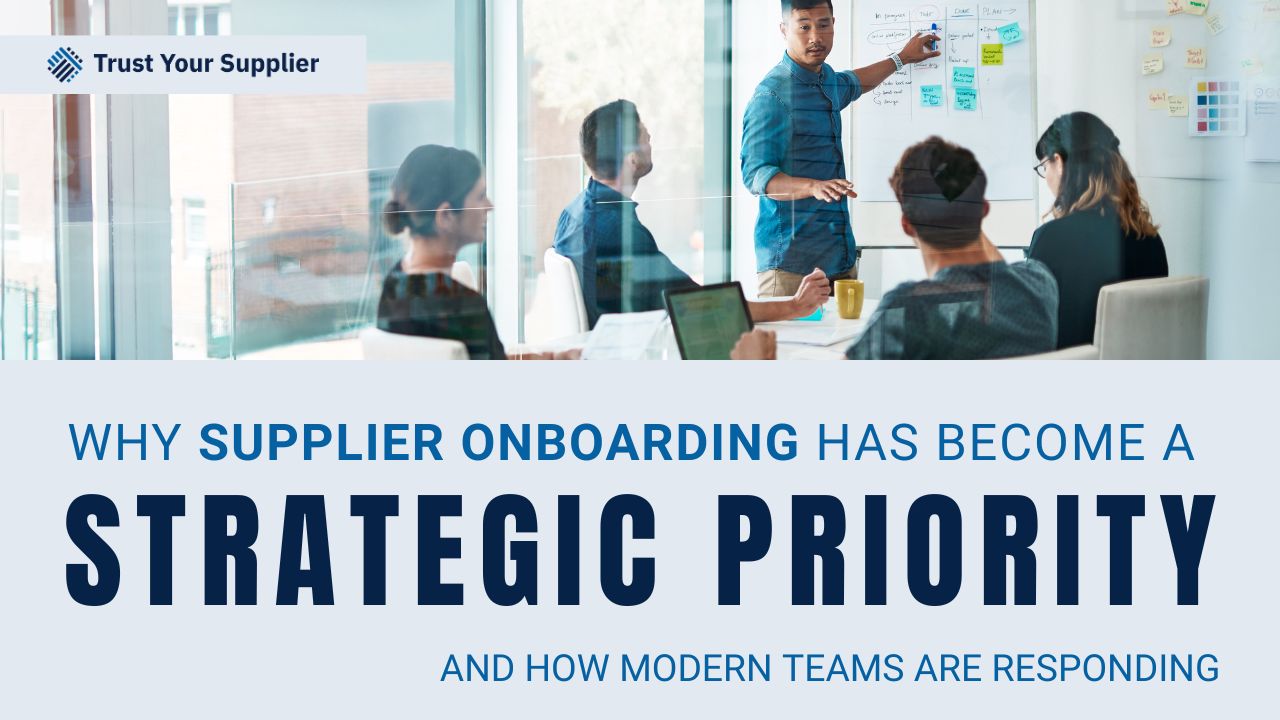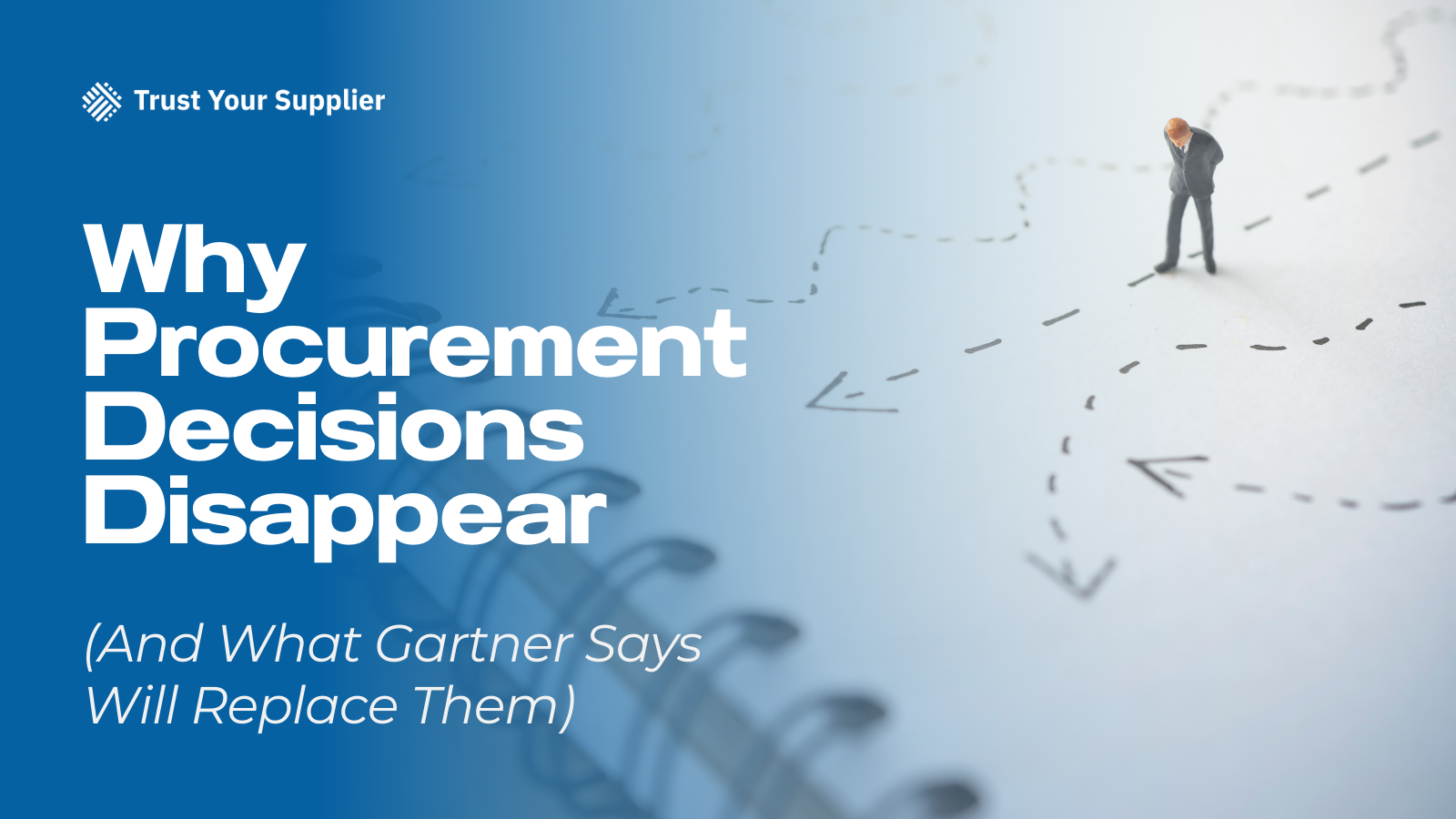
Search our Posts

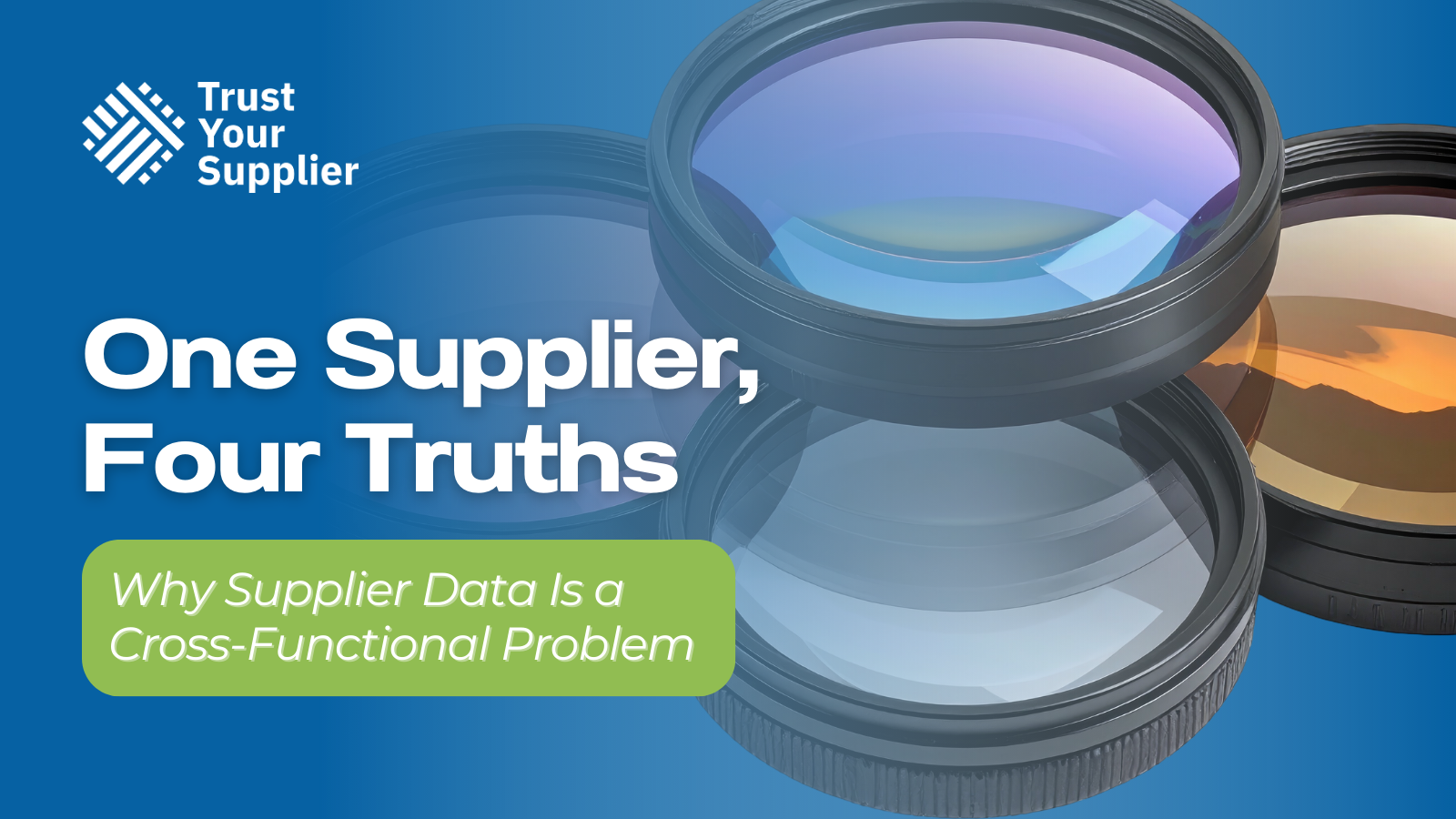
One Supplier, Four Truths: Why Supplier Data Is a Cross-Functional Problem
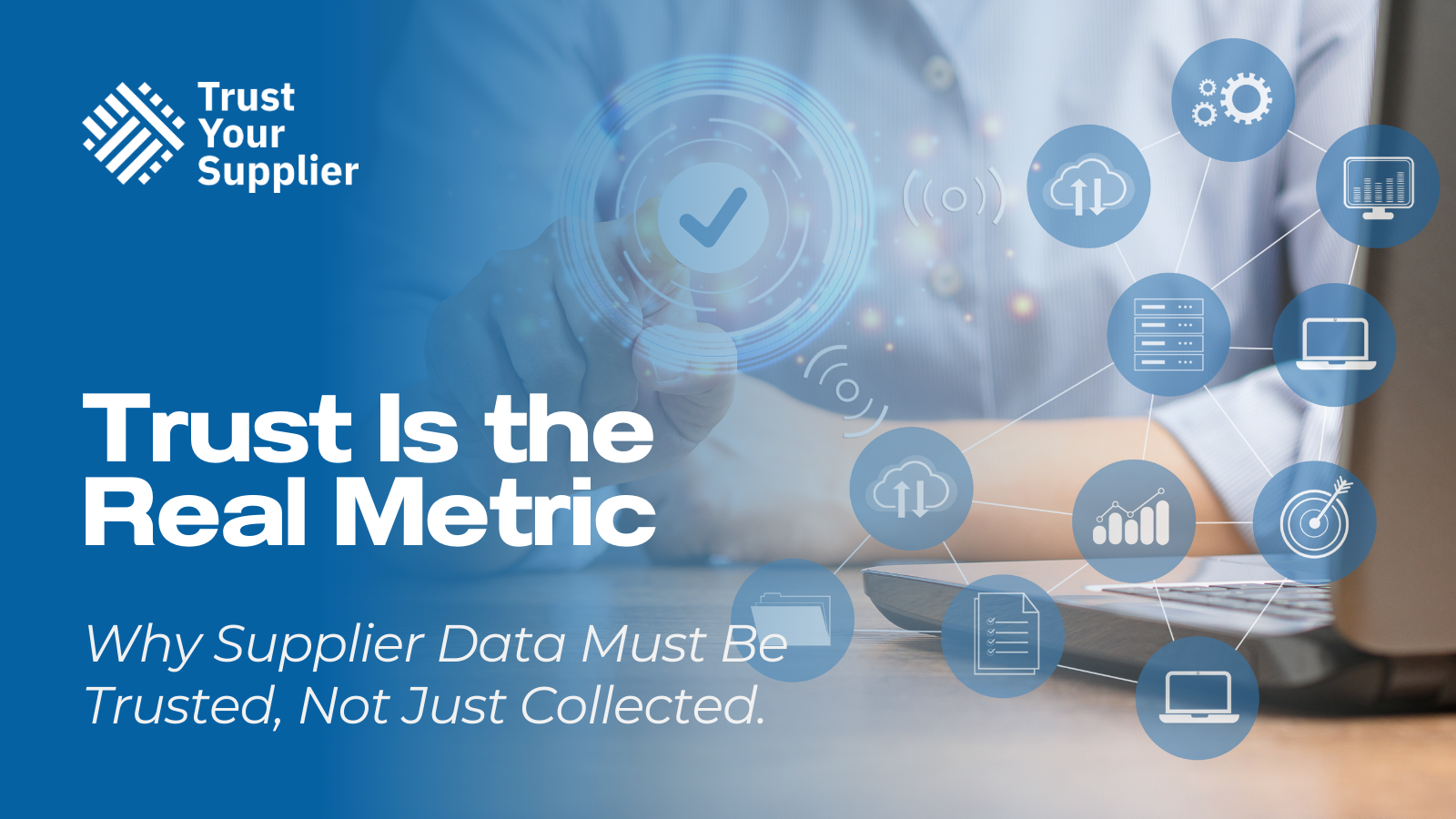
Trust Is the Real Metric in Supplier Data

Common Supplier Onboarding Mistakes That Compound Over Time
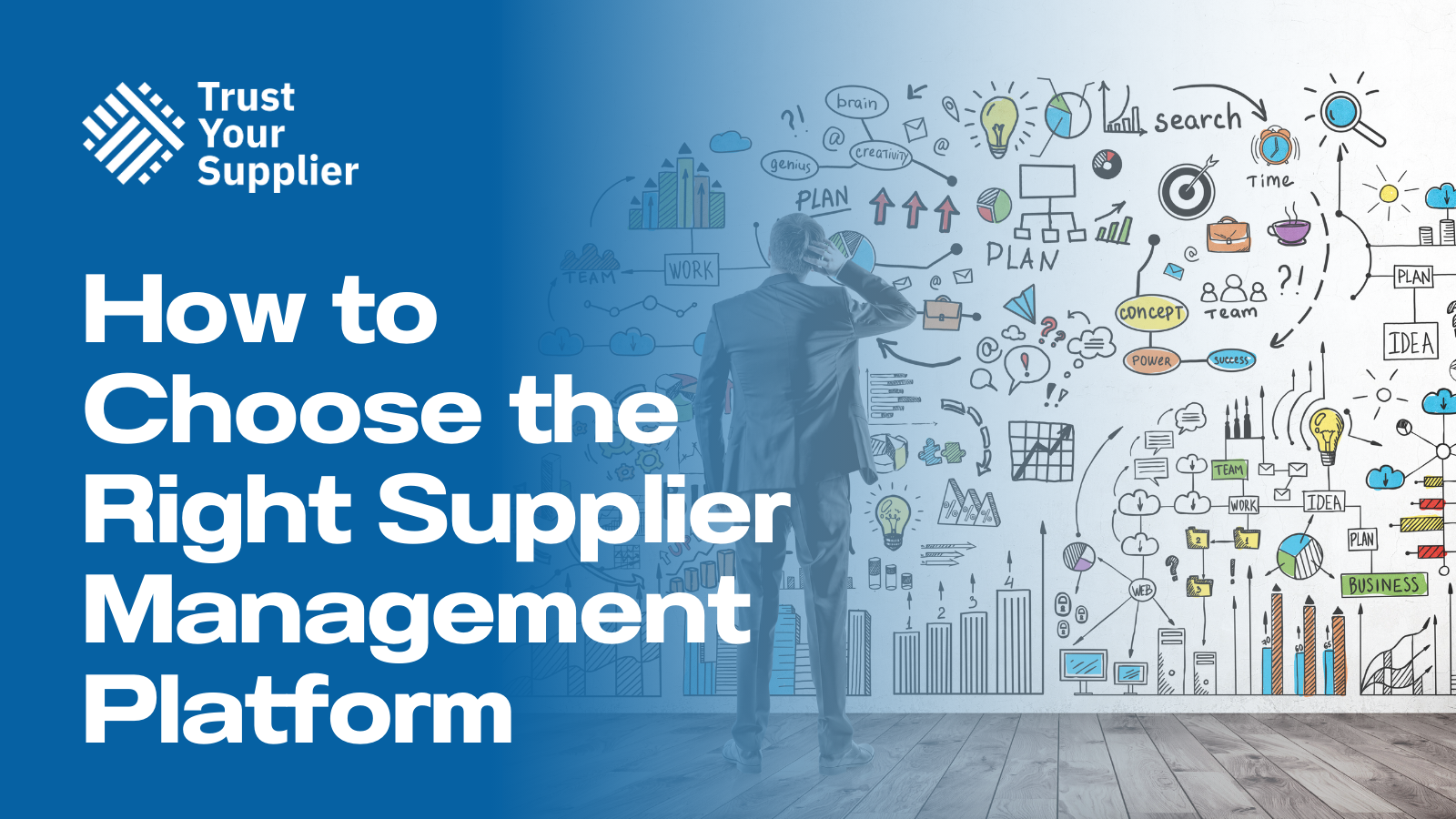
How to Choose the Right Supplier Management Platform
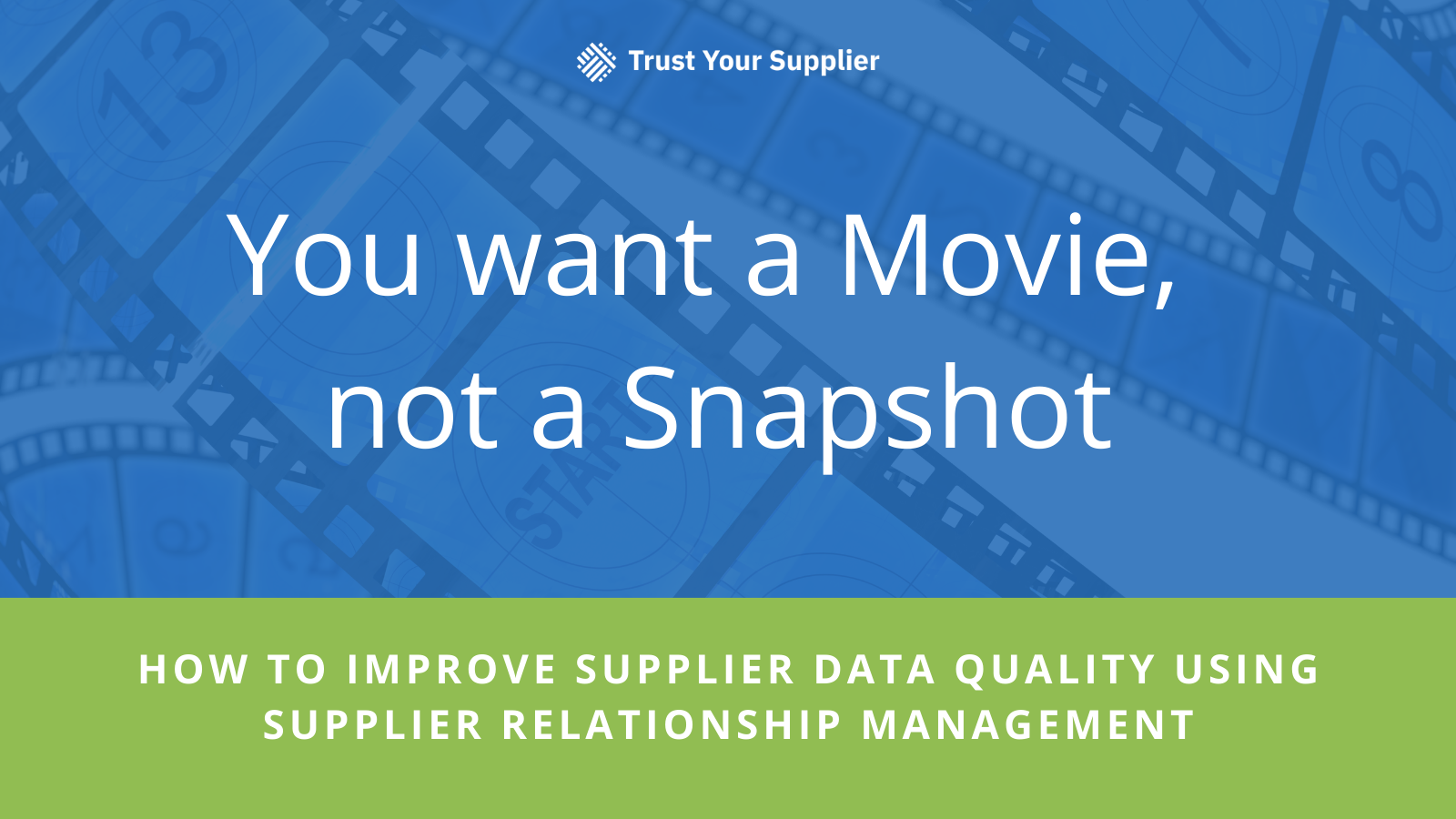
How to Improve Supplier Data Quality Using Supplier Relationship Management
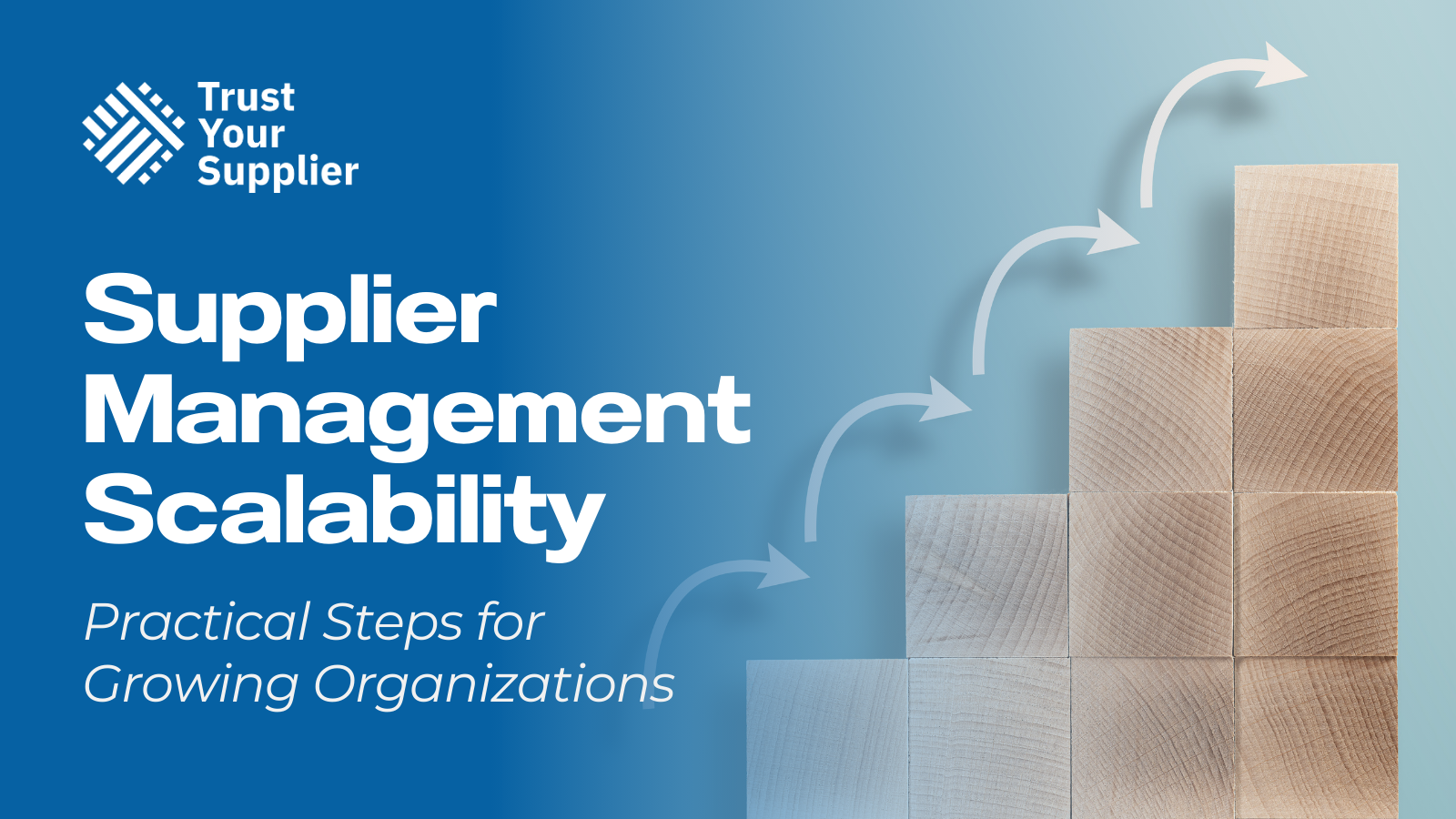
Supplier Management Scalability: Practical Steps for Growing Organizations
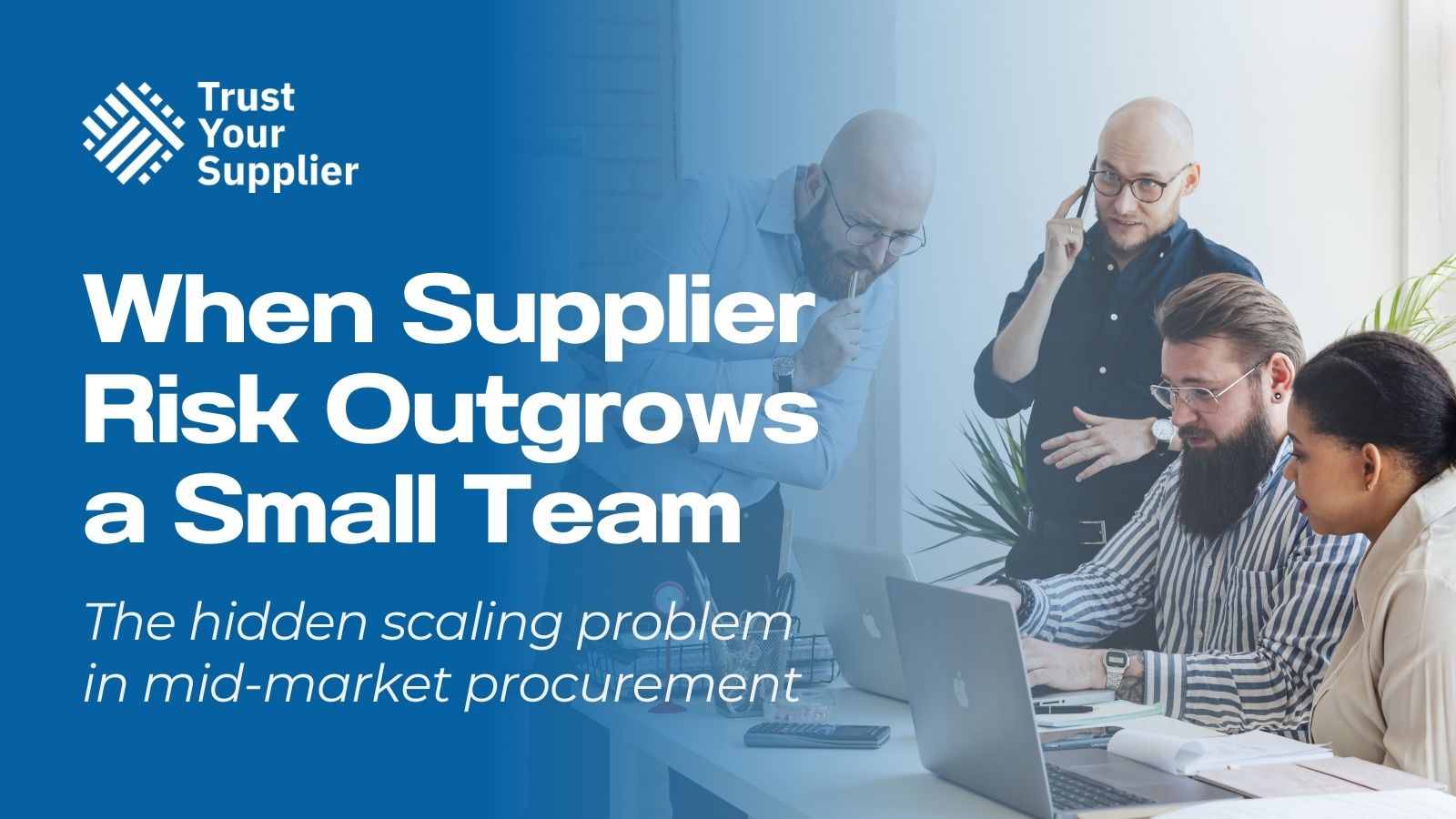
When Supplier Risk Outgrows a Small Team
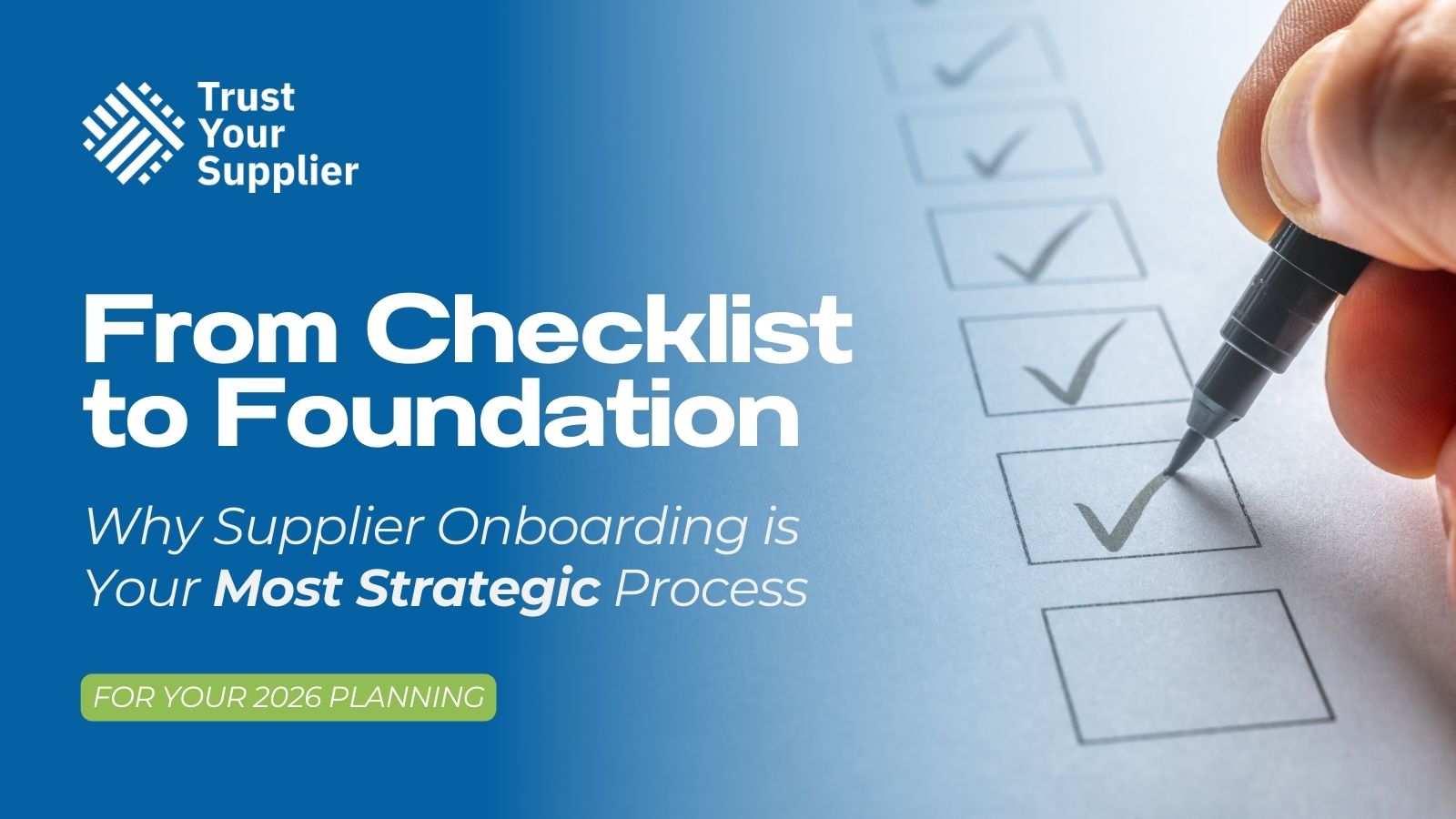
From Checklist to Foundation: Why Supplier Onboarding is Your Most Strategic Process
